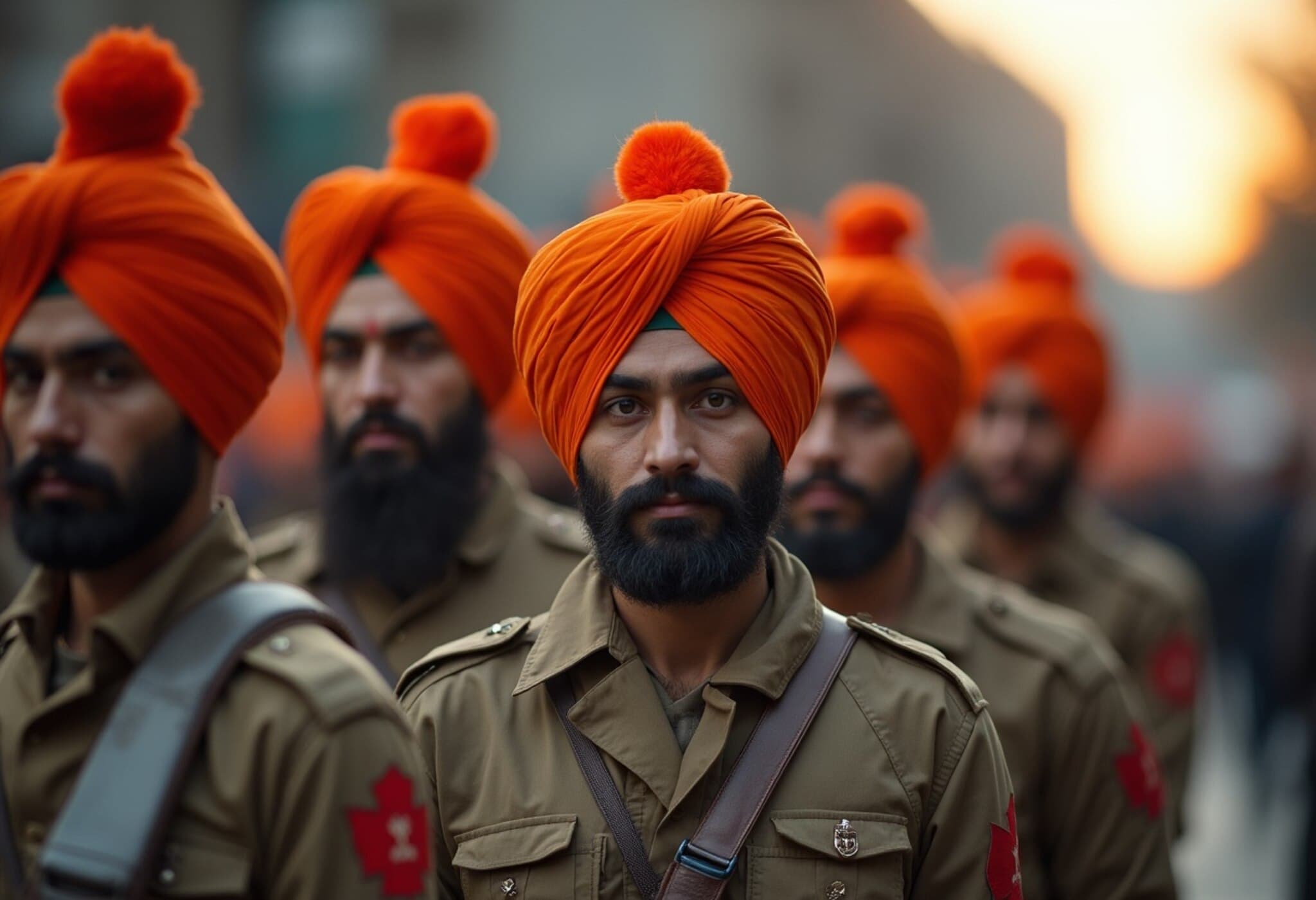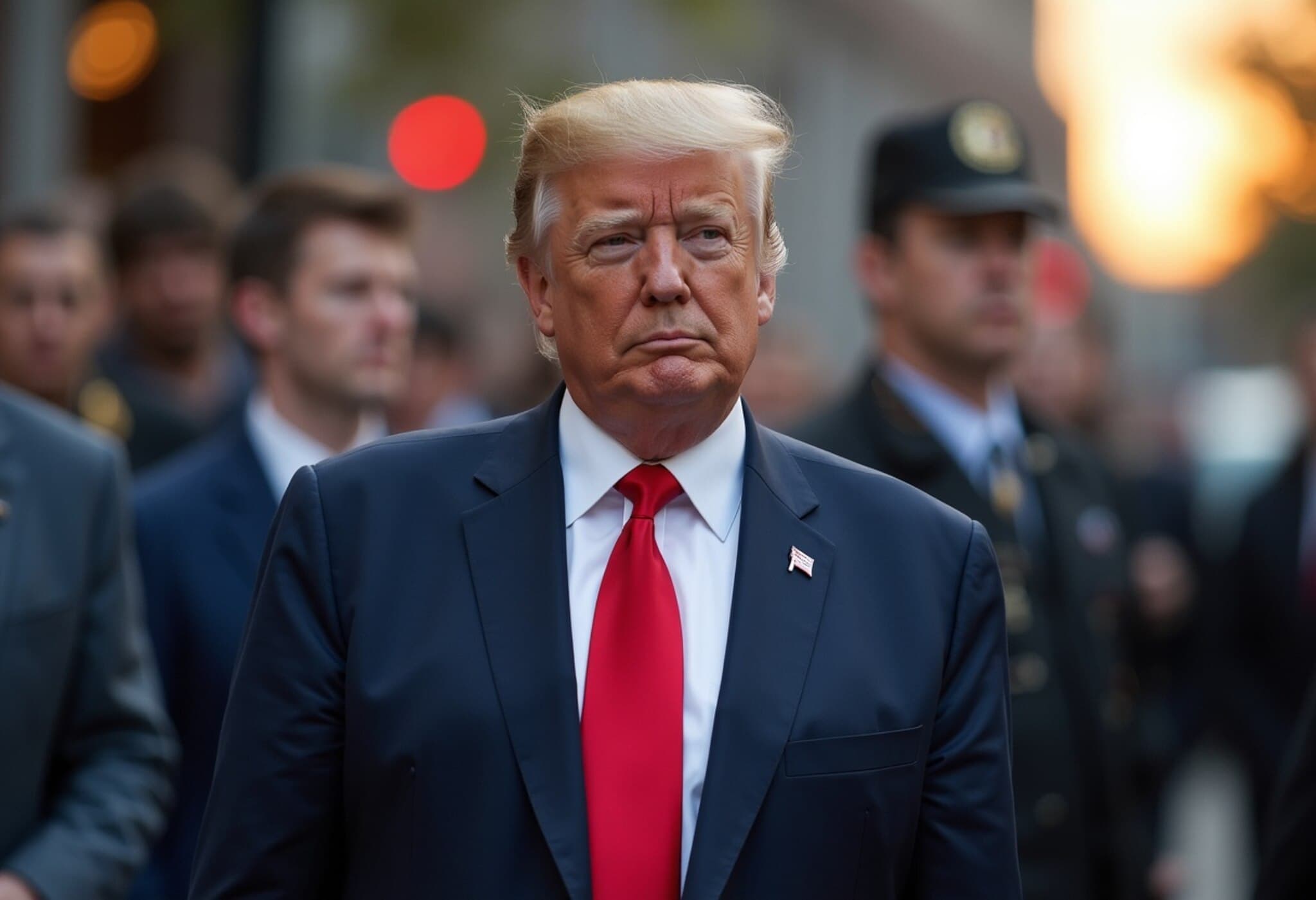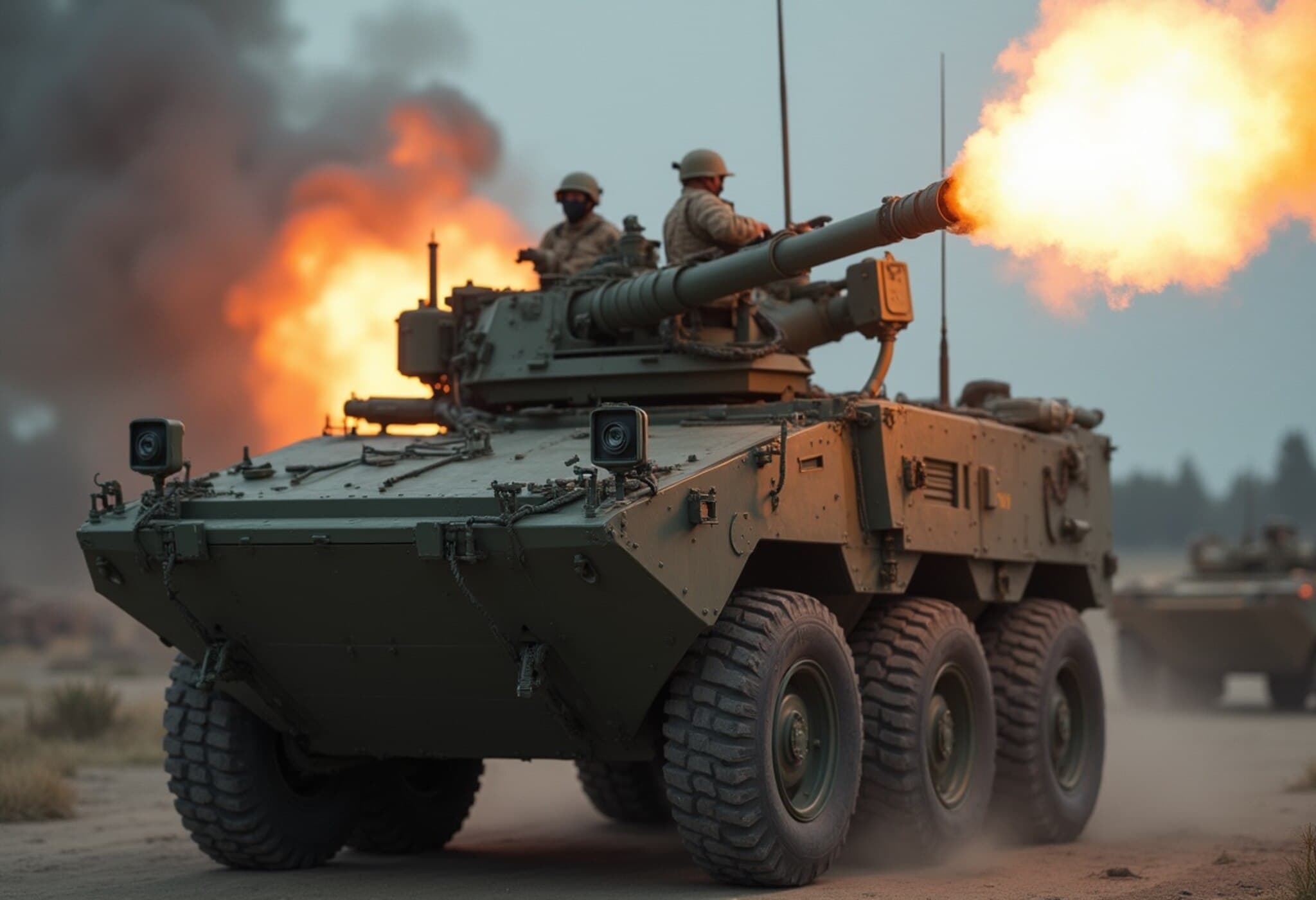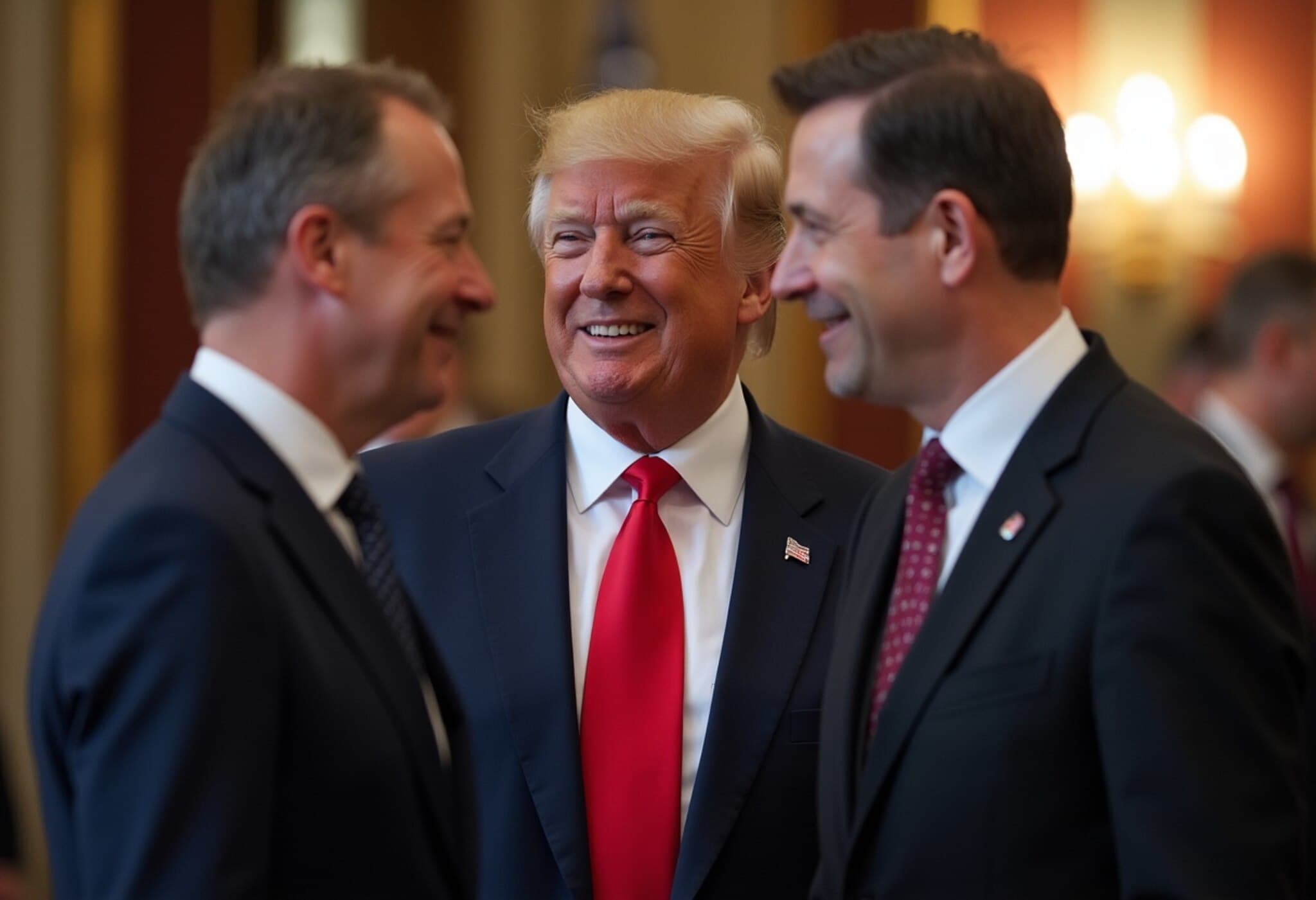Debate Rekindled Over Sikh Regiment in British Armed Forces
In recent weeks, discussions around the formation of a Sikh regiment within the British Army have surged back into public view, stirring both historic pride and modern legal conversations. While the UK Ministry of Defence (MoD) maintains there are no concrete plans to establish such a regiment — citing anti-discrimination laws as a barrier — advocates argue the creation of a Sikh regiment could invigorate ethnic minority recruitment and reinforce historic ties with communities from the Indian subcontinent.
Legacy of Sikh Soldiers and the Call for Recognition
The debate was reignited following a question raised in the House of Lords on July 7 by Lord Sahota, a Labour life peer and grandson of British Indian Army veterans. Lord Sahota highlighted the unwavering loyalty and distinguished service of Sikh soldiers during both World Wars and emphasized the potential value of a distinct Sikh regiment.
Defence minister Lord Coaker responded by expressing openness to discussing ways to honor Sikh contributions, though stopped short of endorsing the regiment's formation outright. This exchange sparked headlines suggesting ministerial interest, although MoD insiders clarified the complications involved.
Legal Hurdles: Equality Act vs. Tradition
The primary obstacle cited by the MoD lies in British anti-discrimination laws — specifically the Equality Act — which prohibits the formation of military units based explicitly on ethnicity or religion. Sources conveyed to Times of India that while discussions have occurred over the years, the creation of a Sikh-only regiment would conflict legally with the principles of equality underpinning British institutions.
However, Lord Sahota contests this interpretation, pointing to existing battalions such as the Brigade of Gurkhas and the Royal Regiment of Scotland as examples where identity-linked regiments coexist within the Army's framework without infringements. He argues that a Sikh regiment could be inclusive, welcoming soldiers of diverse faiths and backgrounds while reflecting Sikh cultural traditions like turbans and beards.
Addressing Recruitment Challenges and Ethnic Representation
One of the pressing issues facing the British Army is ethnic minority recruitment, which remains disproportionately low compared to the UK’s diverse population. Lord Sahota emphasizes that forming a Sikh regiment could provide a cultural beacon and role model for British Sikhs, who currently number approximately 700,000 nationwide but only about 200 serve in the armed forces.
Drawing on the historical precedent where military service often follows family legacies, Sahota suggests that a dedicated regiment might inspire many Sikhs to emulate the valor of their ancestors — thereby strengthening recruitment numbers and enriching the Army’s multicultural fabric.
Broader Implications for UK-India Relations and Multiculturalism
Beyond recruitment, proponents see the regiment as a bridge fostering stronger diplomatic and cultural relations between the UK and India, as well as broader South Asia. Given the shared military history and ongoing diaspora connections, a Sikh regiment could symbolize mutual respect and recognition.
Moreover, such a development would align with the UK’s broader multicultural ethos, showcasing the military as a progressive institution that respects and celebrates diverse heritage while maintaining operational effectiveness.
Expert Commentary
Military sociologist Dr. Anjali Patel notes, “The British Army’s regimental system is steeped in tradition but also adaptation. The challenge is balancing heritage with legal frameworks designed to prevent exclusion. A Sikh regiment, if framed inclusively, could serve both as recognition and as a recruitment tool without breaching anti-discrimination laws.”
Meanwhile, legal analyst Julian Hayes points out, “The Equality Act is complex, but it has provisions for ‘positive action’ in recruitment and representation. The British Army might explore innovative approaches to honor Sikh contributions without formal segregation.”
Looking Forward: Opportunities and Challenges
- Potential benefits: Enhanced ethnic minority recruitment, cultural recognition, improved UK-South Asia ties.
- Legal considerations: Navigating the Equality Act and anti-discrimination requirements.
- Community impact: Providing role models and heritage pride for British Sikh youth.
- Military cohesion: Ensuring inclusive enlisting policies that maintain unit solidarity.
The discussion around a Sikh regiment underscores the intricate interplay between history, identity, and modern legal frameworks. It invites a broader reflection on how national institutions adapt and honor diverse contributions in an evolving society.
Editor’s Note
The proposal for a Sikh regiment in the British Army transcends a simple organizational change; it touches on the core questions of inclusion, representation, and the role of tradition in contemporary institutions. As the UK continues to grapple with diversifying its armed forces, this debate spotlights the importance of finding innovative, lawful ways to recognize minority communities' valor. Readers are invited to consider: How can national identity and multicultural heritage coexist harmoniously within historic institutions? And what practical steps can balance legal equality with cultural acknowledgment?



















